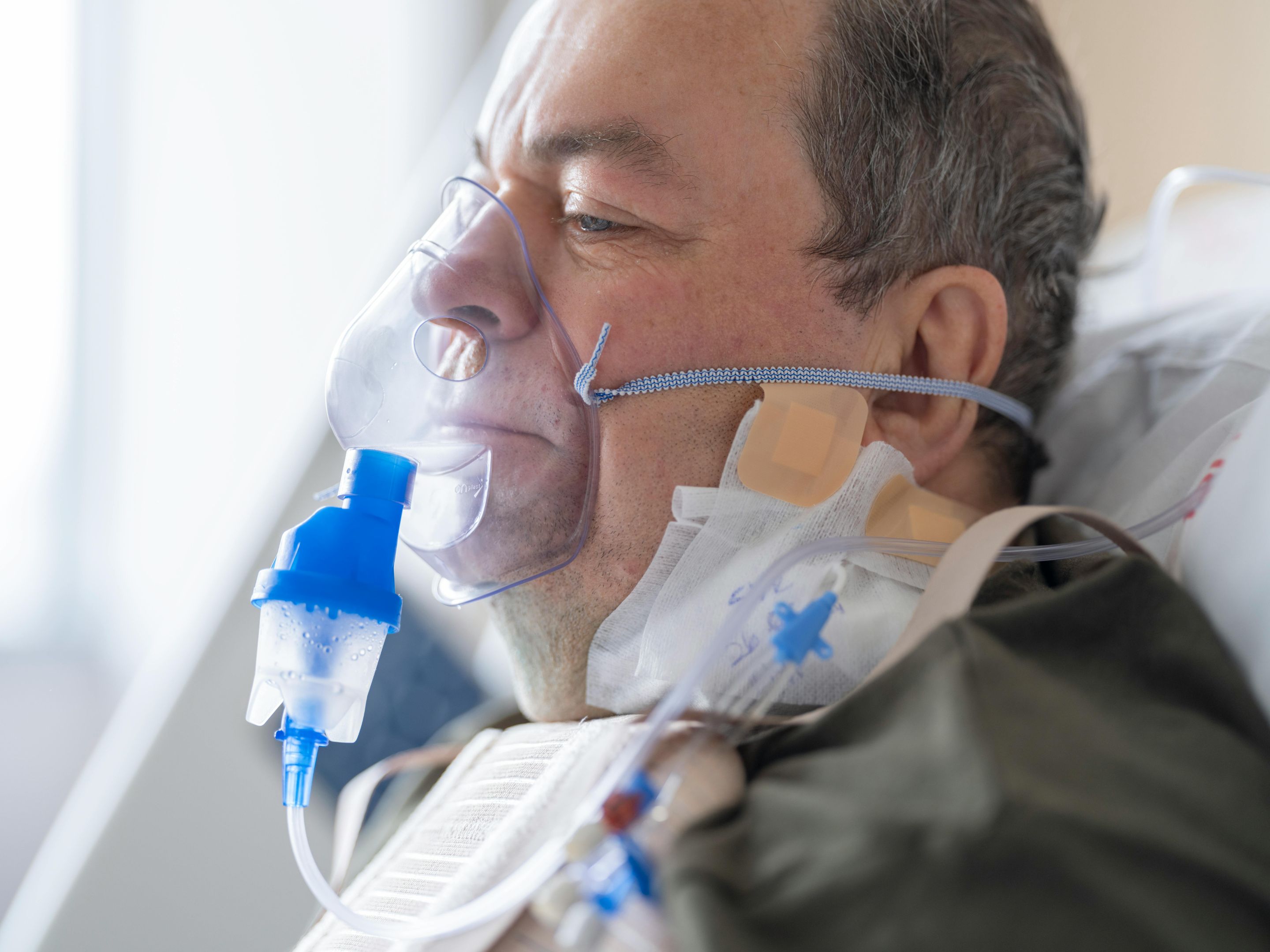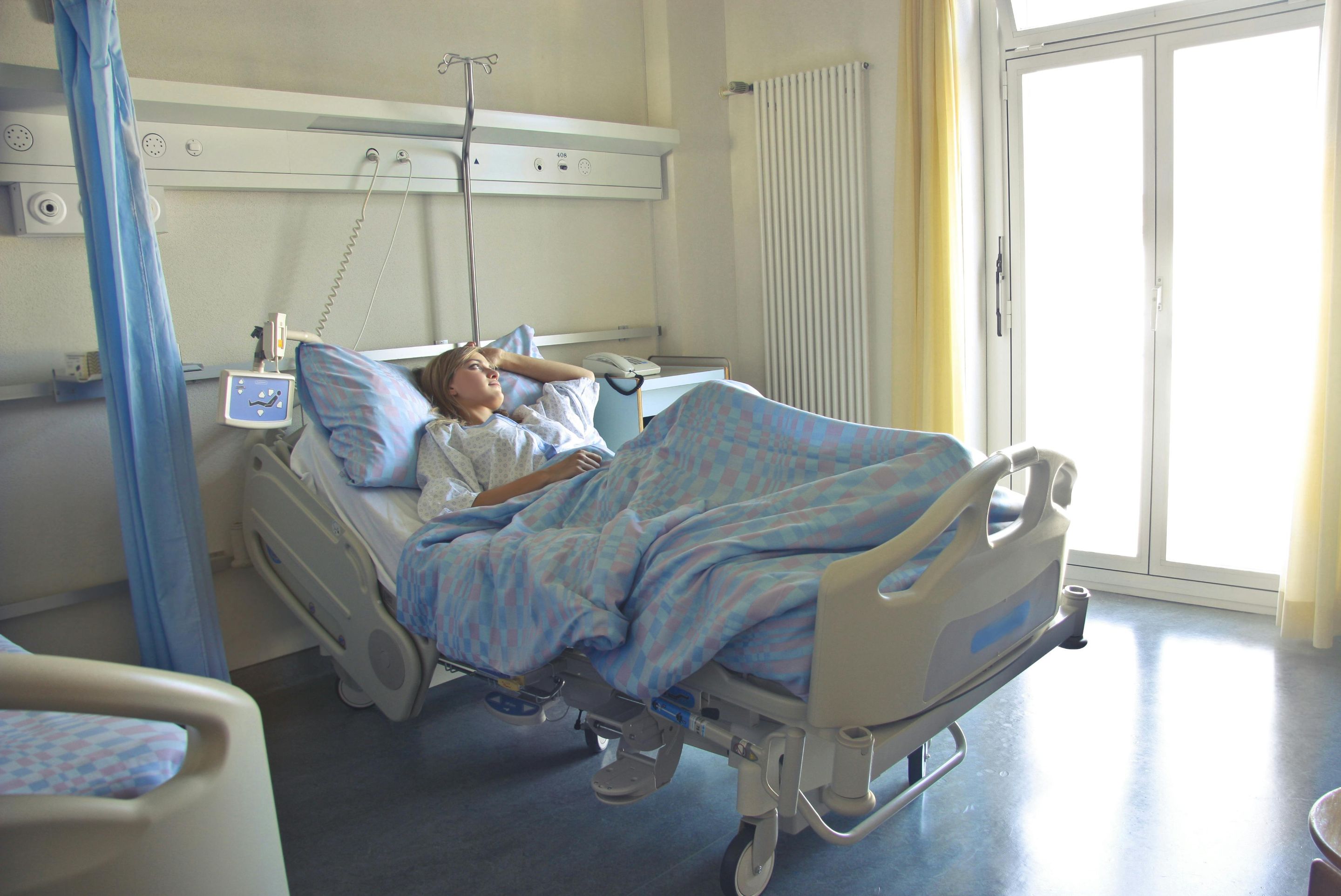Greetings of the day,
The end of life is certain for every human being, but the aim of “End of Life Care” is to handle this last stage with dignity, compassion and scientific approach. It is not just a process of waiting for death, but giving maximum comfort, minimum suffering and emotional peace to the patient at that time. According to medical science, when a patient's disease reaches the irreversible stage, then the goal of treatment shifts from “cure” to “comfort”.  [Image source](https://www.pexels.com/photo/a-patient-in-intensive-care-after-heart-surgery-20897575/) Scientifically, many of the body's systems gradually shut down during this time - such as respiratory rate slowing, blood pressure dropping, changes in consciousness, and skin discoloration due to lack of oxygen. The aim of Palliative care is to understand these physical changes and control pain, shortness of breath, nausea or restlessness. For this, techniques like opioid analgesics, oxygen therapy, and sedation are used so that the patient can get peace.  [Image source](https://www.pexels.com/photo/young-persons-hand-holding-an-old-persons-hand-7551677/) Moreover, the scientific approach is not limited to medicines only. In this situation, psychological and spiritual care are equally important. Research shows that when patients are given the opportunity to express their feelings, talk to family, and accept death, their stress decreases significantly. This is why doctors, nurses, counselors and clergy all play important roles in “Holistic End of Life Care”.  [Image source](https://www.pexels.com/photo/photo-of-woman-lying-in-hospital-bed-3769151/) As a nurse, it is important to understand that in the last moments of life, “touch”, “presence” and “silence” can be as effective as medicine. Only when science and human compassion come together, an environment is created to accept death with dignity. This is true “End of Life Care” -where science meets the heart, and the end of life feels compassionate. | THANKS FOR YOUR SUPPORT | |-| 
The end of life is certain for every human being, but the aim of “End of Life Care” is to handle this last stage with dignity, compassion and scientific approach. It is not just a process of waiting for death, but giving maximum comfort, minimum suffering and emotional peace to the patient at that time. According to medical science, when a patient's disease reaches the irreversible stage, then the goal of treatment shifts from “cure” to “comfort”.  [Image source](https://www.pexels.com/photo/a-patient-in-intensive-care-after-heart-surgery-20897575/) Scientifically, many of the body's systems gradually shut down during this time - such as respiratory rate slowing, blood pressure dropping, changes in consciousness, and skin discoloration due to lack of oxygen. The aim of Palliative care is to understand these physical changes and control pain, shortness of breath, nausea or restlessness. For this, techniques like opioid analgesics, oxygen therapy, and sedation are used so that the patient can get peace.  [Image source](https://www.pexels.com/photo/young-persons-hand-holding-an-old-persons-hand-7551677/) Moreover, the scientific approach is not limited to medicines only. In this situation, psychological and spiritual care are equally important. Research shows that when patients are given the opportunity to express their feelings, talk to family, and accept death, their stress decreases significantly. This is why doctors, nurses, counselors and clergy all play important roles in “Holistic End of Life Care”.  [Image source](https://www.pexels.com/photo/photo-of-woman-lying-in-hospital-bed-3769151/) As a nurse, it is important to understand that in the last moments of life, “touch”, “presence” and “silence” can be as effective as medicine. Only when science and human compassion come together, an environment is created to accept death with dignity. This is true “End of Life Care” -where science meets the heart, and the end of life feels compassionate. | THANKS FOR YOUR SUPPORT | |-| 